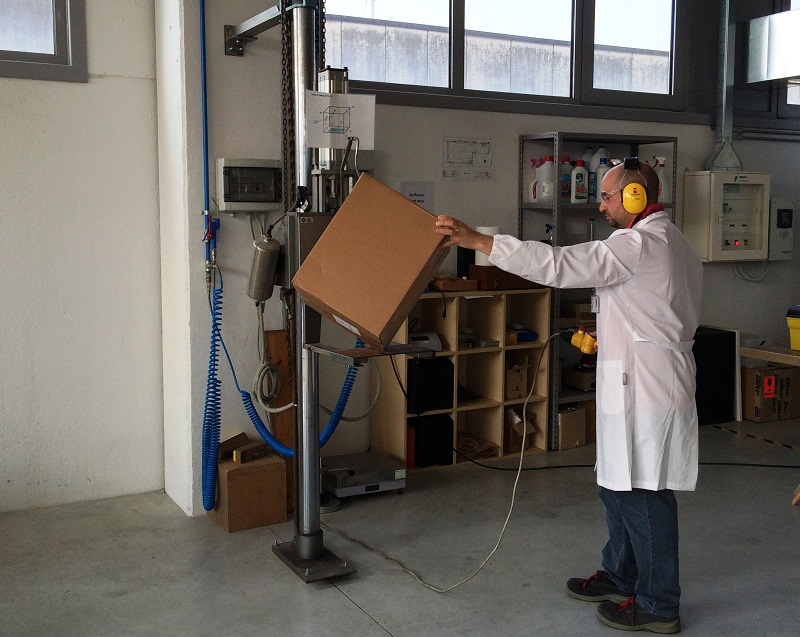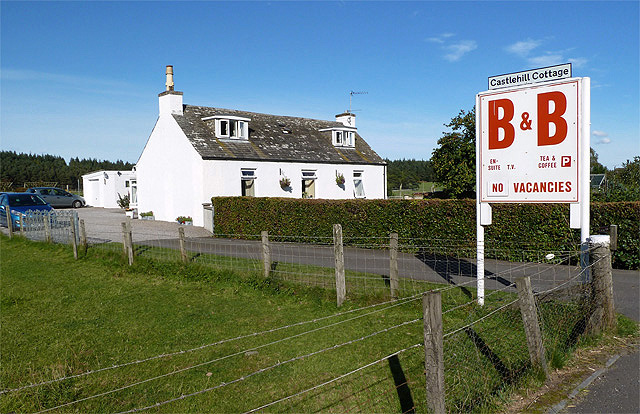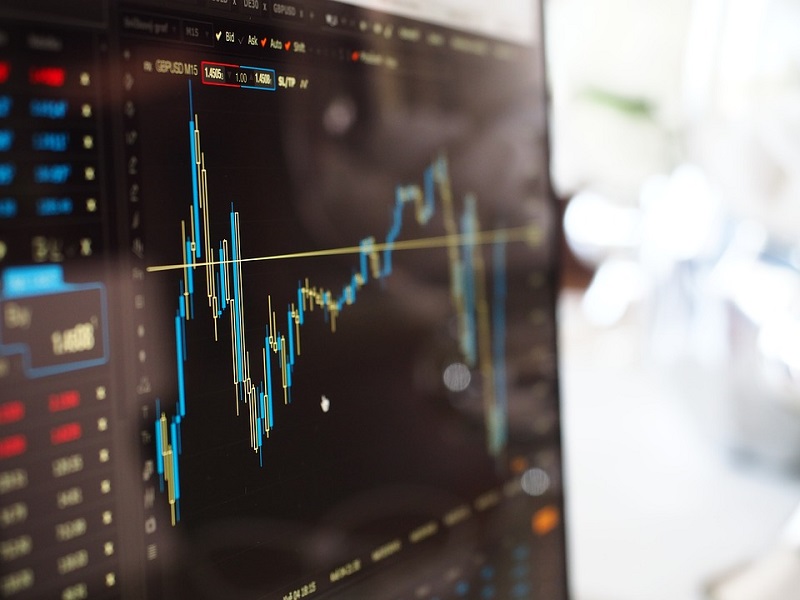Do you know the difference between common and preferred stocks? In Hong Kong, there is a significant distinction between the two. Preferred stocks offer certain advantages over common stocks, so it’s essential to understand what they are before investing. We’ll discuss the critical differences between common and preferred stocks in Hong Kong, and we’ll also look at some of the benefits of investing in preferred stocks. So, keep reading if you’re interested in learning more about this topic.
What are common and preferred stocks in Hong Kong?
In Hong Kong, common stocks are the most basic type of stock, giving the holder the right to vote at stockholder meetings and receive dividends. Preferred stocks, on the other hand, entitles the holder the right to claim higher dividends or asset distribution.
The critical difference between the two types of stock
The biggest difference between the two types of stockholding is that that preferred stockholders generally have priority in a few ways over common stockholders. If a company pays out dividends, preferred stockholders will receive them first. Additionally, if a company is liquidated, preferred stockholders will get their money back before common stockholders. Finally, preferred stocks usually have a fixed dividend rate, while common stocks do not.

What are the benefits of investing in preferred stocks?
Preferred stocks offer many benefits for investors. For one, they tend to be less volatile than common stocks, which means they’re less likely to lose value during periods of market uncertainty. Additionally, preferred stocks typically offer a higher dividend yield than common stocks, which can provide investors with a steady income stream.
Another benefit of investing in preferred stocks is that they offer downside protection. It is because creditors must be paid first if a company goes bankrupt. After that, the liquidator will pay out the preferred stockholders, and only after that will common stockholders receive anything. It protects investors from losing all their money if a company goes bankrupt.
Preferred stocks also offer tax advantages. In Hong Kong, dividends from preferred stocks are taxed at a lower rate than those from common stocks. Capital gains on preferred stocks are also taxed at a lower rate than those on common stocks.
What are the benefits of investing in common stocks?
The main benefit of investing in common stocks is that they offer the potential for high returns. It is because, as a stockholder, you have a claim on the company’s assets and profits. If the company does well, your investment will increase in value. Additionally, if the company pays out dividends, you’ll also receive a portion of those.
Another benefit of investing in common stocks is that you have voting rights. As a stockholder, you can vote on important decisions, such as who sits on the board of directors, giving you a say in how the company is run.
Common stocks also offer liquidity. It means that you can quickly sell your stocks if you need to access cash quickly. You can do this by selling your stocks on the stock exchange.
What are the risks of investing in common stocks?
The main risk of investing in common stocks is that they’re volatile. It means their price can go up and down rapidly, and you could lose money. Additionally, if a company goes bankrupt, creditors will be paid first. After that, the liquidator will pay out the preferred stockholders, and only after that will common stockholders receive anything. You could lose all your investment if a company goes bankrupt.
Another risk to consider is that companies can issue new stocks anytime, diluting the value of existing stockholders’ holdings. Additionally, companies can buy back their own stocks, reducing the number of available stocks, which can also drive up the price.
What are the risks of investing in preferred stocks?
Preferred stocks offer investors many benefits, but some risks are also to consider. For one, preferred stocks are often callable, meaning the company can buy back the stocks at any time. You’ll receive your original investment plus any accrued dividends if this happens. However, you won’t be able to participate in the company’s future growth.
Additionally, preferred stocks typically have a fixed dividend rate, which means that if interest rates rise, the value of your investment will go down. Finally, if a company goes bankrupt, creditors will be paid first. After that, the liquidator will pay out the preferred stockholders, and only after that will common stockholders receive anything. You could lose all your investment if a company goes bankrupt.
Click here to find out more on stock trading and how you can get started.















